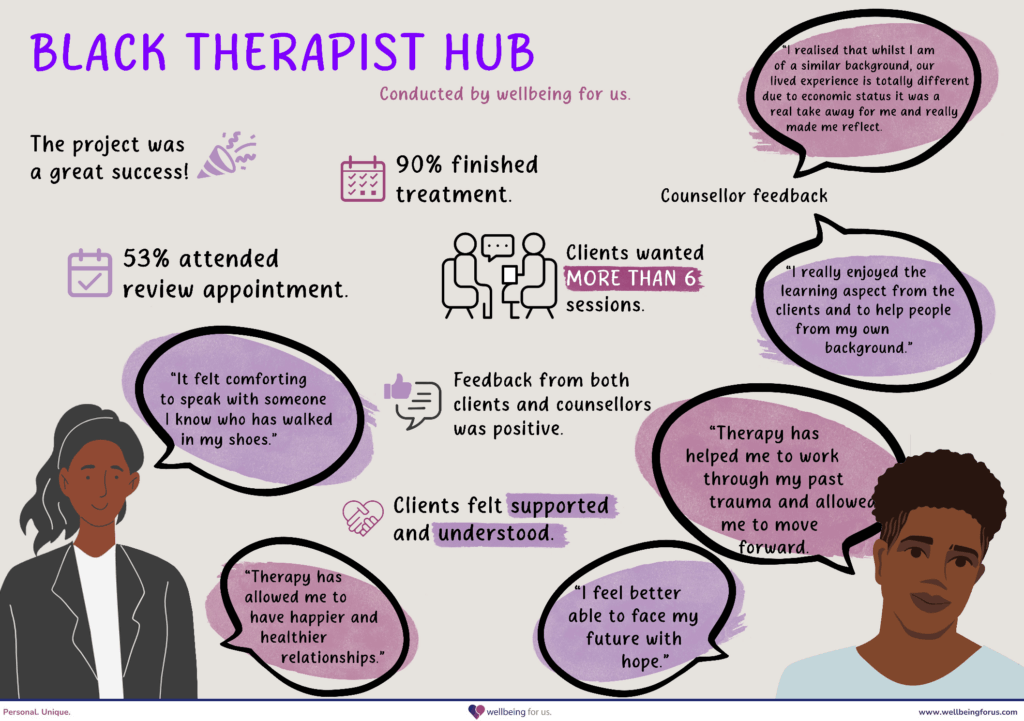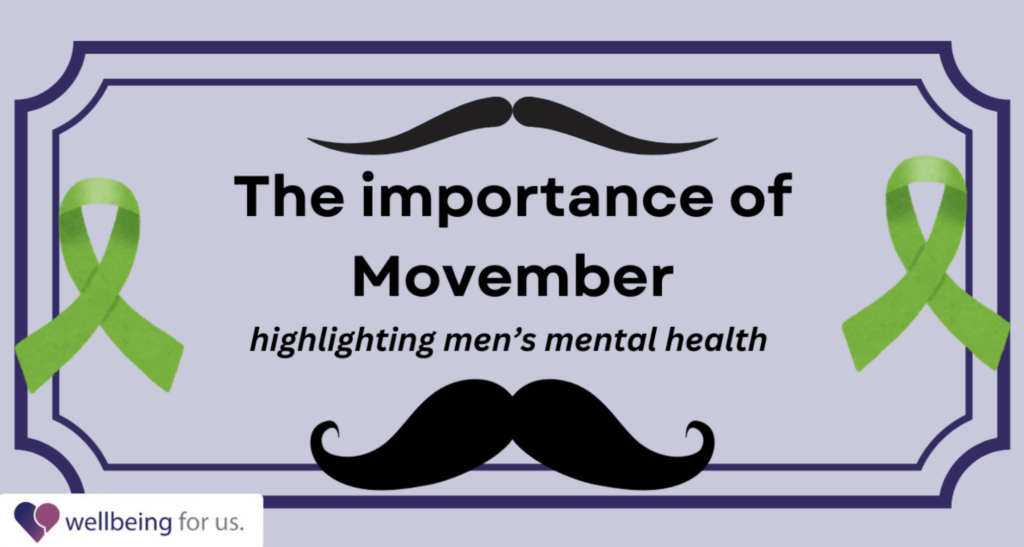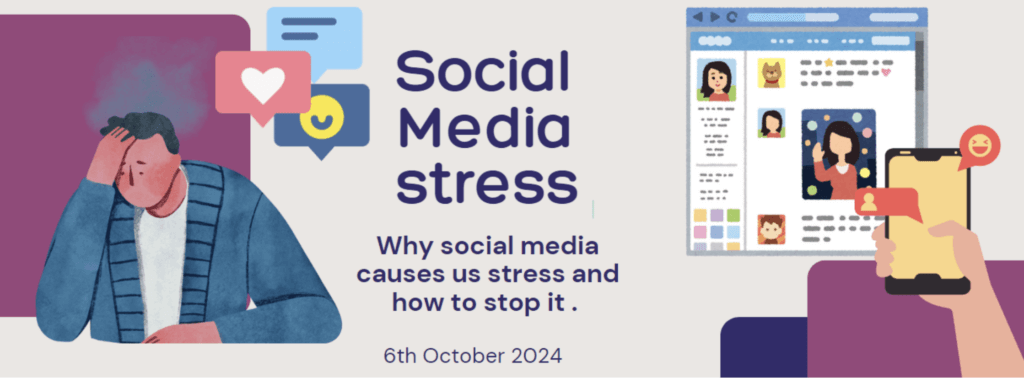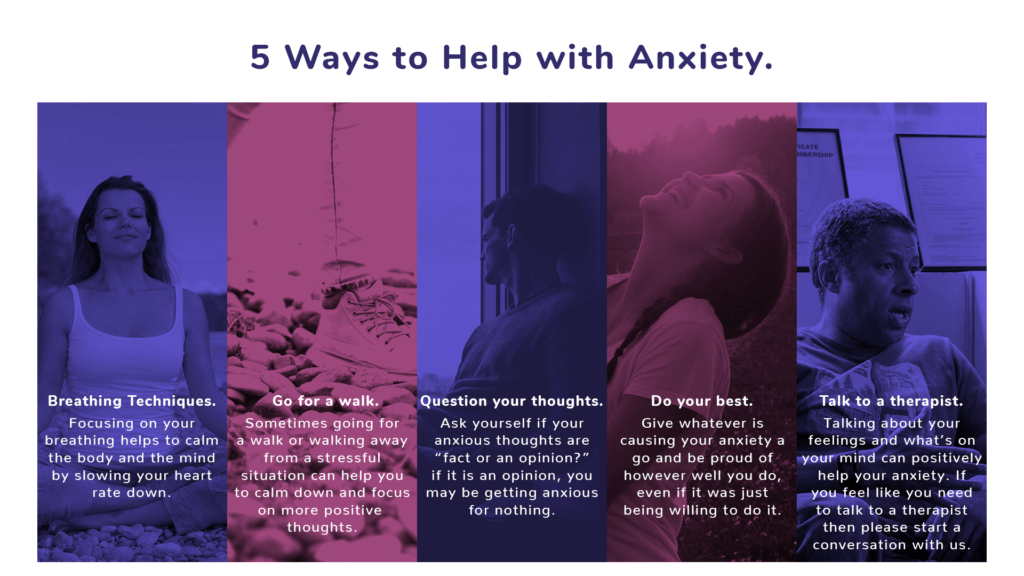On of our current projects

On of our current projects Read More »

How can I find opportunities for volunteer work at Christmas?
If you’ve ever thought about becoming a volunteer now is the time to try it there are many charities that will help people at Christmas.
If you love cooking and want to find a fun way to make a difference in your community why not become a cooking volunteer ?
It doesn’t matter whether you’re an experienced chef or a kitchen novice, you can still volunteer.
A soup kitchen is a place where free food is served for people who are homeless or who can’t afford to feed themselves.
There are soup kitchens all over the UK and the world, and every day millions of people worldwide rely on them for food.
Soup kitchens are often run by charities, community centres or church communities, and they rely on donations of food from the public and from food retailers.
Apart from food there are many other opportunities to volunteer and give back please have a look through your local council or google.
There are so many positive aspects to volunteering a sense of community an altruistic attitude to others and most importantly giving back over the holiday season.
Volunteering at Christmas time Read More »

What is Movember?
Movember is a charity that hosts an annual event where men grow moustaches and beards in November to promote and raise money for men’s health issues including prostate cancer, testicular cancer, and suicide. In this article, we will explore the problem of men’s mental health, what you can do to support yourself and the men in your life, and what you can do to participate in Movember.
The Men’s mental health crisis
Globally men are experiencing a mental health crisis and the statistics are alarming. Men count for around 75% of all national suicides, this has been a trend since the mid-1990s according to the Office of National Statistics. Men are less likely to seek help than women with only 36% of all NHS referrals for psychological therapies being for men. These figures are largely attributed to the fact that stereotypes encourage men to be strong and not to talk about their feelings so they are less likely to admit to struggling with their mental health when it first becomes an issue. Below we will outline some ways we can support the men in our lives and help adopt healthier attitudes towards men’s mental health.
Support
Movember has funded more than 1,320 men’s mental health projects globally and has spread awareness for men’s issues everywhere. Their impact has been huge and helped thousands of men in need. So what can you do to support the men in your life who may be struggling?
1) Encourage a good work-life balance
One of the main reasons men struggle with their mental health is the immense pressure to provide for their household. This has been a long-standing stereotype that men should be the breadwinners and although women are now also able to work, the pressure remains on men to be financial providers. Encourage them to set a boundary between working hours and home hours. This will give them time to recharge from work and to have more energy for tomorrow.
2) Promote unconditional self-acceptance
A huge struggle with mental health is how hard we are on ourselves. One way to promote self-compassion is to ensure men’s feelings are heard and validated. We are all human and we all make mistakes. Let them know that this is okay we are all trying our best.
3) Check-in with them regularly
Checking in with them regularly provides a safe space for men to open up about any issues they may be facing especially as they may be reluctant to bring these issues up themselves. Give them regular opportunities to talk about anything they may be struggling with and show them that you care.
4) Advocate for healthy habits
What we eat, how much we sleep, and how much exercise we get can all contribute to improving our overall mental health. Advocating for these habits can help people maintain good mental health in the long term.
5) Support them in getting help
There is no shame in getting help for our mental health. Men find it harder to make this first step so let them know it is okay and how help could improve things for them. Getting help is not giving up, it is your first step to fighting poor mental health and regaining control.
Get Involved
To show your support to all men struggling this November here are all the ways you can get involved this November.
1) Raise funds
2) Donate
Make a single donation directly to Movember. However big or small your donation, you are helping make a huge difference to men’s mental health.
3) Join an event
4) Support your friends and family
● Check-in with your friends and family regularly. Let them know that you are there to support them and give them a safe space to talk.
When you think of video games and mental health, what is the first thing that comes to mind? For many of you, you may think about the infamous relationship between violence and video games. However, this narrative is slowly changing in this day and age, reflecting a promising future. In this article, we’ll go over the history of mental health and video games, how it has changed in the present day, and what is set to come.

What was it like?
Video games have had a controversial history, especially in the media. In 2000, the American Psychological Association wrote an article which argued that playing combat-driven, violent video games increased aggressive thoughts and feelings. They thought video games were more harmful than violent films or shows as they are more interactive and immersive in nature, leading to more negative aftereffects. This claim may appear unsurprising. Video games have historically displayed and capitalised on negative representations of different mental health conditions, with many portraying them violent, dangerous, or incurable.
One study revealed that the 50 highest-selling video games from 2011 to 2013 included characterisations that were highly stigmatising, with many falling into stereotypes such as ‘homicidal manic’ or ‘narcissistic parasite’. This includes famous game franchises such as, Call of Duty, Borderlands,and Grand Theft Auto. Another study by Ferrari et al. had found that out of 100 games, almost all the characters were described in some way as ‘crazy’ or ‘mad’, with around 30-35% of the games depicting characters as violent, lonely or helpless. Despite these games being highly popular and loved by its community, its exploitation of mental health experiences is undeniable. In portraying these stereotypical characterisations, these games fed back into the stigma surrounding mental illness, leading to further misunderstandings and ridicule. From this, we can see how the theme of violence and aggression was woven through the media coverage of video games.
What is it like now?
In recent days, conversations surrounding the overly violent nature of video games have appeared to have changed their tune, with many going back on their previous claims. New research at the University of Oxford has found that there is no correlation between playing video games and aggressive behaviour, suggesting that previous studies may have been influenced by researcher bias. While this does not rule out the history of stereotypical and negative characterisations of mental illness, it does reduce the overwhelming suggestions that video games have adverse effects on players.
Instead, many discussions in the present day have begun to look towards the potential of video games in advocating for mental health awareness, as well as supporting those who are struggling with their symptoms. Games such as, Hellblade: Senua’s Sacrifice (2017) and Depression Quest (2013), have received critical acclaim for their attempts to depict the experiences of those who are struggling with symptoms of mental illness. Using the immersive and interactive qualities of video games, both games present the mental health journey of their main characters to the player. Not only does this bring awareness to the types of experiences and struggles that may be faced during someone’s mental health journey, but it also allows the player to further understand and sympathise with the different conditions.
There are some games on the market that have been described as possessing qualities that supportive and comforting for those who are having a difficult time with their wellbeing. It has an uplifting quality as people can see and relate with similar experiences of their own through a screen. Celeste, released in 2018, is a game which has been noted for its uplifting and emotive story. It follows the story of Madeline, a young woman with anxiety and depression who aims to climb up Celeste Mountain. During her journey, you must face the personified form of her self-doubt and tackle the challenges that come with scaling the mountain. The game boasts a beautiful soundtrack that accompanies the player on their journey, with messages of hope and self-discovery as Madeline progresses through her journey.
Looking at these examples, we can see how the gaming industry has grown and gravitated towards writing and producing games that attempt to respectfully depict and bring awareness to mental health issues.
What is to come?
With the further development of technology, the potential for video games continues to expand. In the future, this may result in the development of video games that explore a greater variety of stories and experiences of those who have struggled with mental health issues. Additionally, with the growing discussion and development of video games that attempt to faithfully depict such experiences, we could see a greater understanding of mental health experiences, reducing its stigmatisation and stereotyping.
Reference List:
Anderson, C. and Dill, K. (2000). Violent Video Games Can Increase Aggression. American Psychological Association. [online] Available at: https://www.apa.org/news/press/releases/2000/04/video-games.
Celeste. 2018. PC [Game]. Maddy Makes Games: Canada.
Depression Quest. 2013. PC [Game]. The Quinnspiracy.
Ferrari, M., McIlwaine, S.V., Jordan, G., Shah, J.L., Lal, S. and Iyer, S.N. (2019). Gaming With Stigma: Analysis of Messages About Mental Illnesses in Video Games. JMIR Mental Health, [online] 6(5), p.e12418. doi:https://doi.org/10.2196/12418.
Hellblade: Senua’s Sacrifice. 2017. PC [Game]. Ninja Theory: Cambridge.
Przybylski, A.K. and Weinstein, N. (2019). Violent video game engagement is not associated with adolescents’ aggressive behaviour: Evidence from a registered report. Royal Society Open Science, [online] 6(2). doi:https://doi.org/10.1098/rsos.171474.
Shapiro, S. and Rotter, M. (2016). Graphic Depictions: Portrayals of Mental Illness in Video Games. Journal of Forensic Sciences, 61(6), pp.1592–1595. doi:https://doi.org/10.1111/1556-4029.13214.
The History of Mental Health and Video Games: Past, Present and Future. Read More »
What is ocd and how do I cope with the symptoms
What is OCD and how do I cope with the symptoms OCD Awareness Week October 13th- 19th
OCD is a mental health condition that is widely known but has many misconceptions surrounding what it is, how it affects someone’s behavior, and how to treat it. In this article, we will outline what OCD is and how to treat it if you are affected by the condition.
What is OCD?
OCD otherwise known as Obsessive Compulsive Disorder is a mental health condition in which a person has obsessive thoughts and compulsive behaviors. It is commonly thought that these compulsions surround only hygiene and cleanliness however this is not the case, OCD covers a much broader range of behaviors.
An obsession refers to an unwanted thought that repeatedly enters your mind causing high levels of stress and anxiety. A compulsion is a repetitive behaviour brought on by these obsessive thoughts. For example, someone may have an obsessive fear of being burgled so their compulsive behaviours may include checking all windows and doors are locked several times before leaving the house.

Some examples of common obsessive fears include;
● Distract yourself from your obsessive thoughts with other activities

Social media and stress by Charlotte Crosby-Digital Officer
As social media becomes more prevalent in our daily lives it is important to be mindful of how it affects our well-being. Most of us know that social media can be bad for us but do not have any coping strategies for the stress of social media or an understanding of why social media makes us feel so bad. In this article, we will explore the main sources of this stress and ways to reduce it.
FOMO
FOMO otherwise known as ‘the Fear Of Missing Out’ occurs when we see pictures of people doing exciting or interesting things with others that do not include ourselves. It could be triggered by a picture of colleagues going to a pub at the weekend or an old school friend traveling the world, we have all experienced this at some point online. So how do we stop feeling like this?
Body image
Social media is inundated with images of beautiful people, it is very easy to scroll through posts and wonder ‘Why don’t I look like that?’. So it is important to remember to;
Disruption of sleep
We are all guilty of laying in bed for far too long on our phones when we are supposed to be asleep. This is bad because the blue light from our phones disrupts our sleep wake-cycle so it is almost impossible to fall asleep. Some useful advice would be to;
Addiction
‘Doomscolling’ is the excessive consumption of social media content for a long time. Often we can feel ourselves getting more anxious as we continue to mindlessly scroll but somehow we can not seem to stop ourselves. Often by the time we stop scrolling a lot of time has elapsed and we feel regret thinking about how else we could have used the time. The main reason for this is that by its very nature social media has been designed to be addictive as they create small surges of dopamine in our brain which encourage us to chase it more. Some ways to avoid doom-scrolling are;
Disconnected
Social media was invented to connect people across the world however it also has the bizarre way of making people feel even more disconnected from each other. This is because we are bombarded with so many ways to connect with so many people online that we can neglect to nurture smaller more important relationships. Here are some ways to feel more connected;

The top three reasons for choosing an interactive mental health platform versus a traditional employee assistance provider:
1. Reputation
Never before has mental health been in the spotlight as much as it is in today’s modern world. If you see yourself as an innovative, diverse and inclusive company then you will care about your reputation. In particular focussing on the upcoming generations such as gen Gen Z and Gen Alpha.
People not only expect their work to be forward thinking, innovative and interesting. They also expect the support they receive to be current and inclusive. Wellbeingforus.com offers a modern way of supporting staff compared to traditional EAPs that only offer phone counselling. Our platform is modern and interactive whilst being personal and unique.
2. Retention
A successful business has employees that represent the brand and ethos of the company. There is nothing worse than when you pick up the phone or go to a meeting and there seems to always be a new member of staff that has little knowledge or understanding of what the company is about. In the last 5 years more and more staff expect much more from their place of work in terms of support particularly around mental health support.
The difference between a traditional EAP is that it is steeped in a 1980s model of phone counselling and has not developed to keep up with new generations. A modern EAP platform such as wellbeingforus.com is more inclusive and diverse that can meet the growing needs of a socially inclusive and digitally savvy workplace.
Mental health services in particular such as the NHS are reaching capacity. Staff more than ever are relying on their place of work to meet their emotional needs. Not only are they looking at what support is available at their place of work they are also publicising what their work offers on social media and to friends and family or networking groups.
By engaging with a mental health platform you can safeguard your staff and your reputation whilst retaining your employees for the future.
3. Revenue
There are many streams to revenue and one is the quality and performance of employees. If an employee does not have support then it is likely their work will suffer which will result in loss.
Another area of concern is in regards to employees who are at risk and who are not properly supported are highly likely to file legal grievances based on mental health discrimination.
Many places of work are totally overwhelmed and unaware in terms of how and why they should start to support staff. It often feels like a minefield and many are looking for a quick one-stop solution. This can be achieved by having a fully inclusive interactive platform such as wellbeingforus.com. Which is supportive to each place of work and gets to understand and work closely with staff. Post navigation
Why Use an Interactive Mental Health Platform? Read More »
It is important when we are living in changing times whether that be War, Violence and civil unrest that we be mindful to take a break from social media and the news and to re align with our self and reflect on emotions and feelings and to acknowledge how we feel in ever changing times.
People don’t need to be direct victims of crimes to have it effect their mental health. In a meta analysis of 63 studies CRESH, the Centre for Research on Environment, Society and Health, concluded that people living in local areas with higher crime levels suffered more often from depression and psychological distress than others.
Thats why it is ever more important to reach out and gain support with general anxiety due to turbulent times that we live in. Please see our tips below to help you re align with balancing ones self and to not get overwhelmed:

In turbulent times what can we do? Read More »

The results of the upcoming election will have a significant impact on many policies that affect our day to day lives. One aspect that needs urgent change is mental health policy. In June 2022 1.2 million people were on NHS waiting lists for mental health treatment. This election charities are urging politicians to place importance on mental health care within their individual manifestos. The Mental Health Policy Group is a partnership of 6 organisations, including charities like Mind and organisations like the Mental Health Foundation, working to improve the country’s mental health through policy changes. They say we need to ‘move to a more preventative approach to mental health, as a country, we need a comprehensive cross-government plan, alongside the funding to make it happen.’ They have outlined key areas where investment would improve mental health, including preventative perinatal care, support for children’s mental health, tackling racism and discrimination, and increased access to nature. Another key issue for charities is reforming the Mental Health Act, a policy used to detain people in crisis, which the Centre for Mental Health say is outdated and ‘disproportionately used against people from racialised communities, denying many their dignity and human rights.’ The organisation is ‘deeply disappointed’ that no changes have been made over the last five years. It hopes a future party will change this.
Looking at each party’s manifesto we get a clear view of how much they prioritise mental health policy and what they are looking to improve. All major parities have made mental health a talking point in their current manifestos, suggesting they are taking note of the increased demand for change. Both Labour and the Conservatives say we should give mental health the same attention as physical health. However, the extent to which they are meeting the Mental Health Policy Group’s aims vary.
Mental Health Act
All three major parties are committed to reforming the Mental Health Act. Mental health occupies a large and detailed part of Labour’s manifesto. They state they want to update the Act to be more inclusive for autistic and learning disabled people, and agree that the Act is more likely to unfairly detain black people than others. They also aim to modernise legislation to give patients greater choice, autonomy and support to ensure everyone is treated with dignity and respect. The Conservatives reserve a small but significant space in their manifesto for mental health reform. They do not mention the Act by name but pledge to pass a new law to provide better treatment and support for severe mental health needs. The Lib Dem manifesto wants to modernise the Mental Health Act ‘to strengthen people’s rights, give them more choice and control over their treatment and prevent inappropriate detentions.’
Suicide Rates
The high suicide rate amongst men under 50 is another issue highlighted by the policy group. Labour lists suicide as a major issue and one of the biggest killers it wants to tackle. It says it will do so by implementing walk in hubs in every community and providing mental health support in every school ‘so young men and boys are not left to suffer alone’, as well as recruiting 8500 mental health professionals to cut waiting lists.
The Conservative suicide prevention strategy will ensure employers of male dominated industries will have appropriate support such as mental health first aiders. Lib Dem’s want to focus on community suicide prevention services and improving prevention training for frontline NHS staff.
Young People
Youth mental healthcare is in crisis. All three major parties and the Greens pledge to improve access to care in schools. Conservatives want to expand coverage of mental health support teams from 50% to 100% of schools and open early support hubs for 11-23yr olds in every community by 2030. Labour want to open Young Futures hubs to provide open access mental health services for children and young people in every community. Lib Dems also want to open hubs focused on giving young people regular ‘mental health checkups’ at key points in their life. The Greens aim to provide a trained and paid counsellor in every primary and secondary school and sixth form and ensure everyone who needs it can access evidence based mental health therapies within 28 days.
What is missing?
Whilst there are important policies listed in party manifestos, the Mental Health Policy Group notes some areas that are being missed. The Centre for Mental Health says, ‘we are very disappointed that neither Labour nor the Conservatives have committed to end the two-child limit for Child Benefit, which causes hardship to so many families.’ Perhaps the biggest disappointment for the policy group is the lack of commitment to cross-government mental health plans. The Centre urges parties ‘to take this essential extra step, and to review the machinery of government so that all policies are designed to boost the public’s mental health.’
Whichever party is successful in the election, organisations hope they will make a commitment to enacting substantial change to mental health policy.
How the outcome of the general election could impact mental health policy Read More »